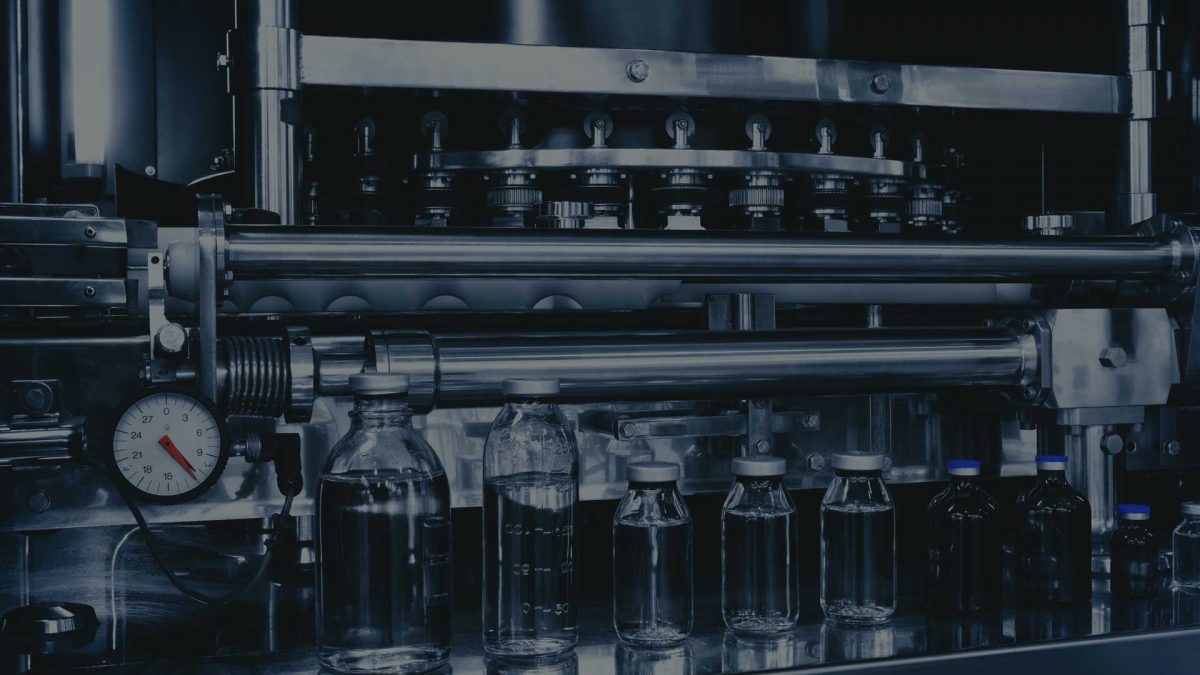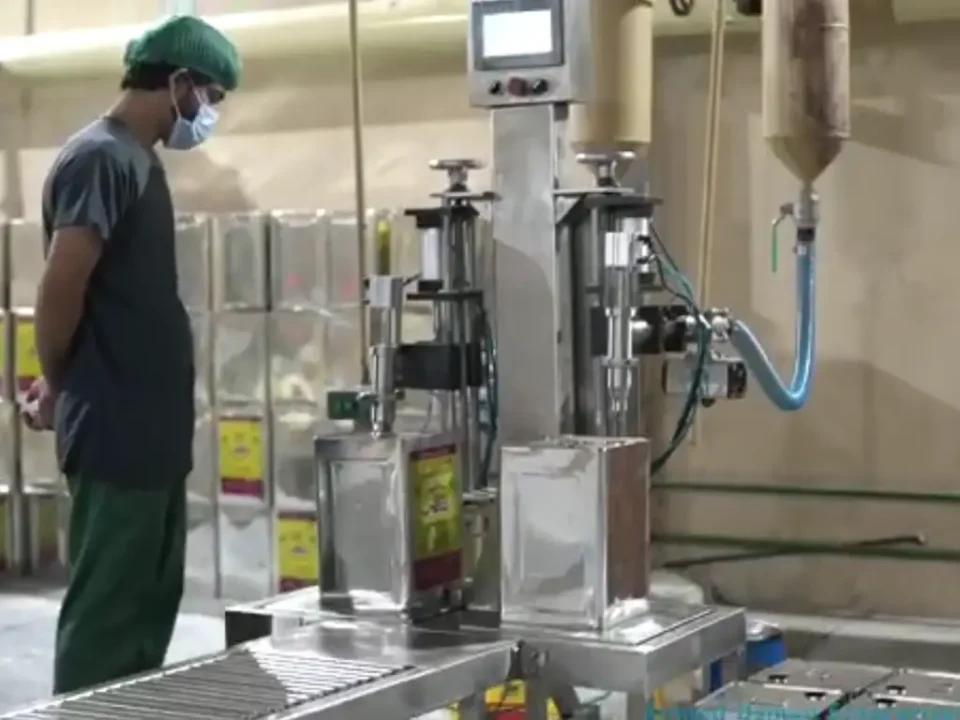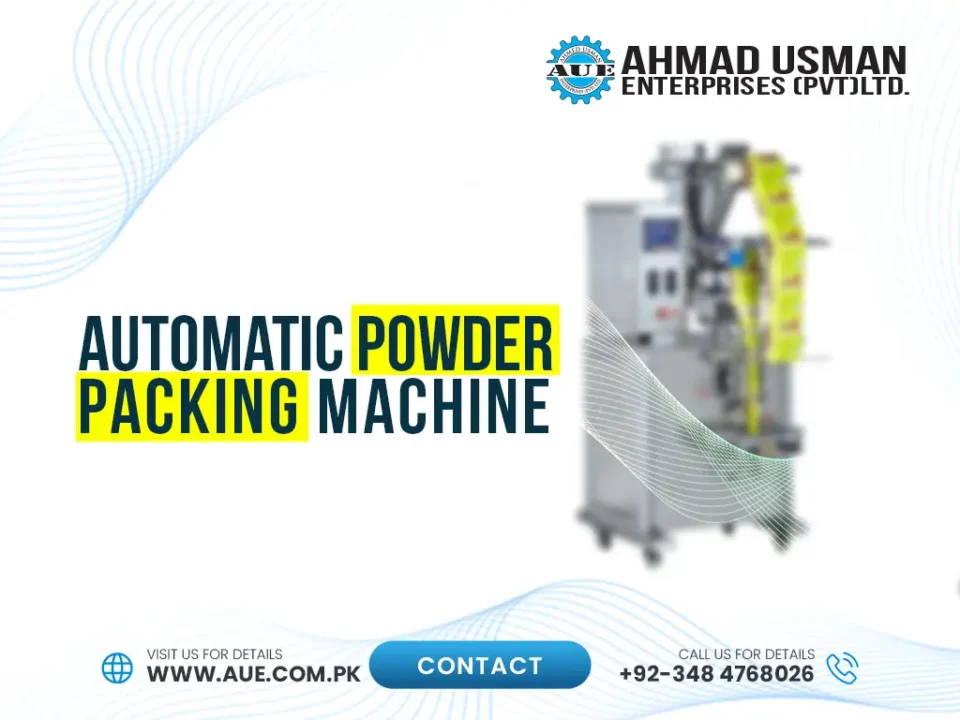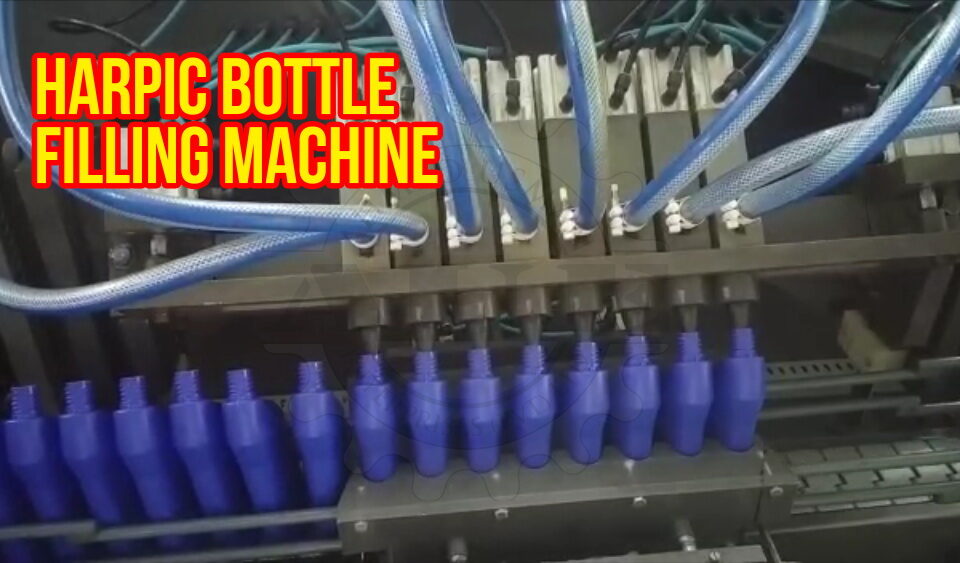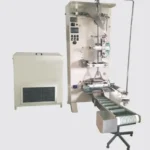
Oil Packing Machine
January 10, 2023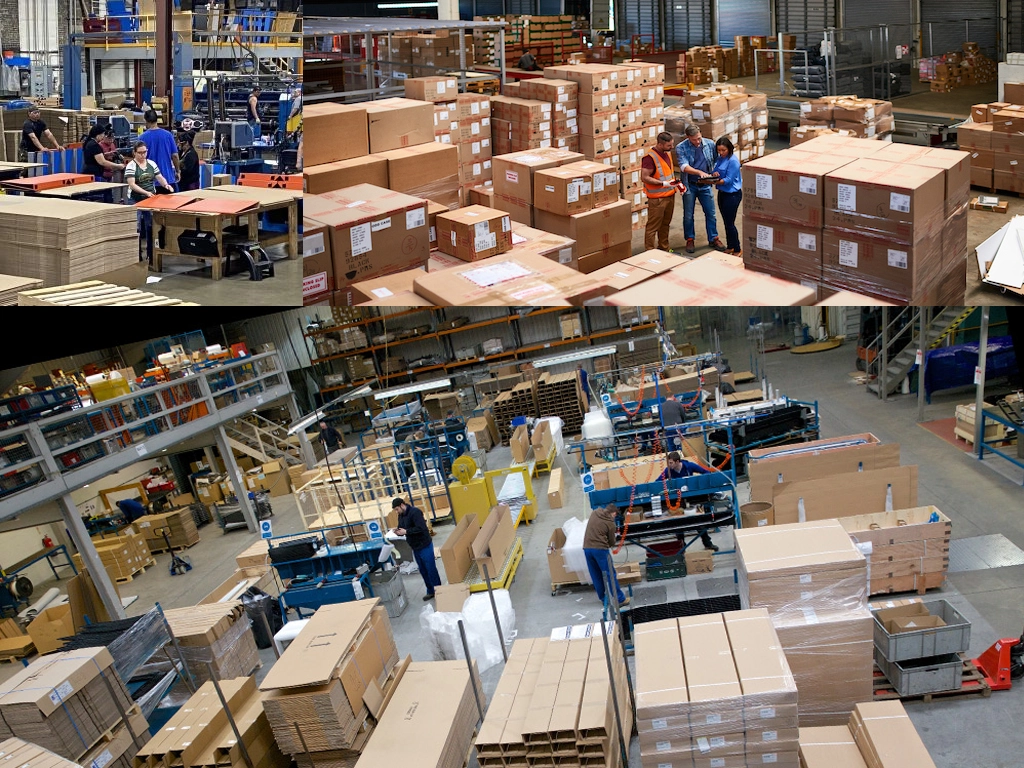
Unlocking the Power of Packaging Solutions: A Comprehensive Guide
October 18, 2023In today’s fast-paced world, where every second counts, it is crucial to have efficient and reliable packing machines to help businesses meet their customers’ needs. Packing machines are vital in modern manufacturing and production, allowing businesses to package products rapidly while minimizing waste and maximizing productivity.
When it comes to packaging products for shipment or retail, a packing machine is an essential tool for any business. These machines help to streamline the packaging process, making it more efficient and cost-effective. One of the key benefits of a packing machine is its versatility. It can handle many products, from small items like jewelry to larger items like electronics and appliances.
Efficiency is another major advantage of packing machines. They are designed to work quickly and accurately, reducing the time and labor required for packaging. With a packing machine, businesses can increase their output while maintaining consistent quality, which is important for maintaining customer satisfaction and reducing returns.
There are several types of packing machines available, each with its own set of features and benefits. Some machines are designed for high-volume production, while others are more compact and portable. Depending on the needs of your business, you may want to choose a machine that is versatile enough to handle a variety of products or specialized for a specific type of packaging.
In addition to improving efficiency and versatility, packing machines can also help to reduce waste and save money in the long run. By automating the packaging process, businesses can eliminate the need for excess packaging materials and reduce the risk of damage during transport.
In conclusion, a packing machine is a valuable investment for any business that needs to package products for shipment or retail. With their efficiency and versatility, these machines can help to streamline the packaging process, increase output, and improve the overall quality of packaging. Whether you’re looking for a high-volume production machine or a compact and portable option, there is a packing machine that can meet your needs.



